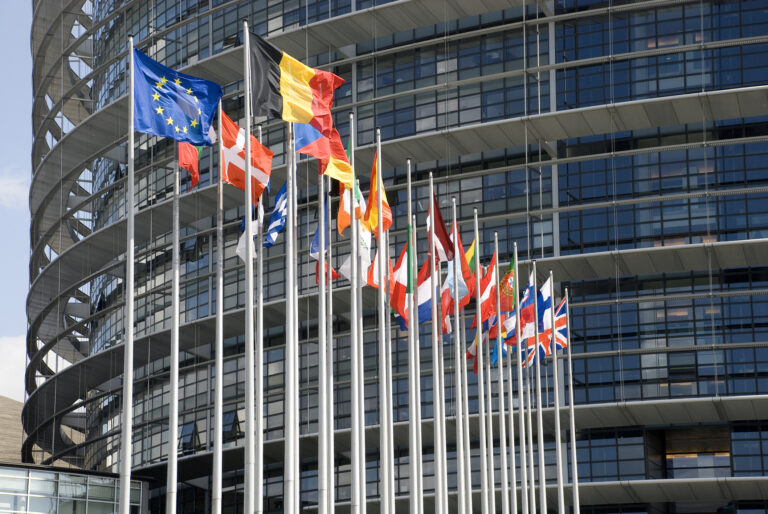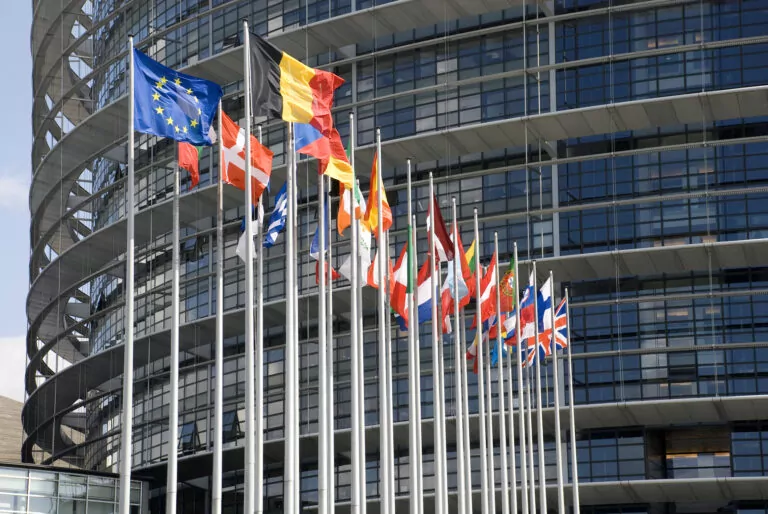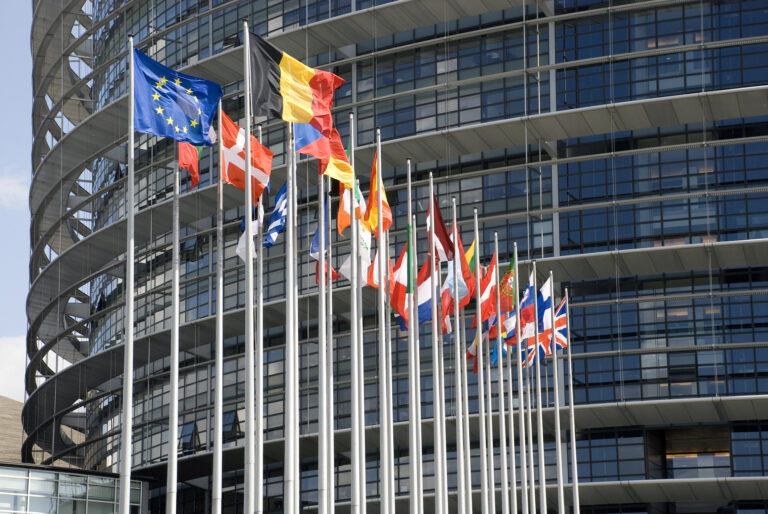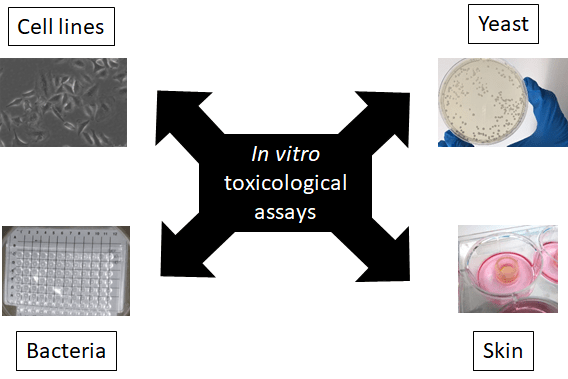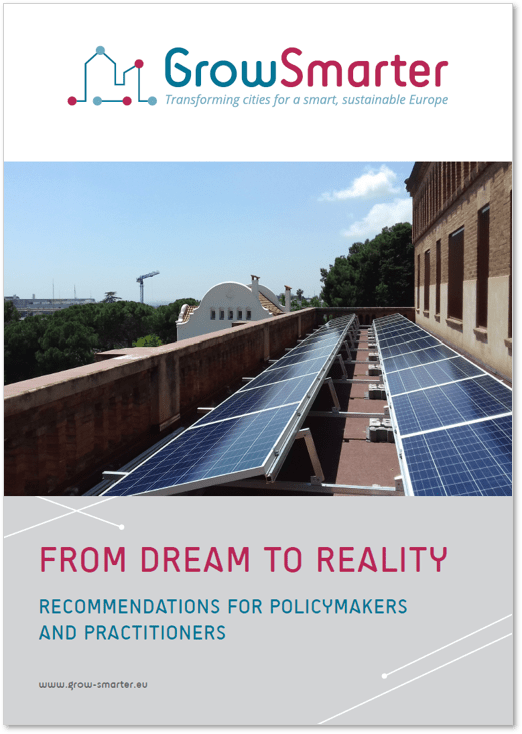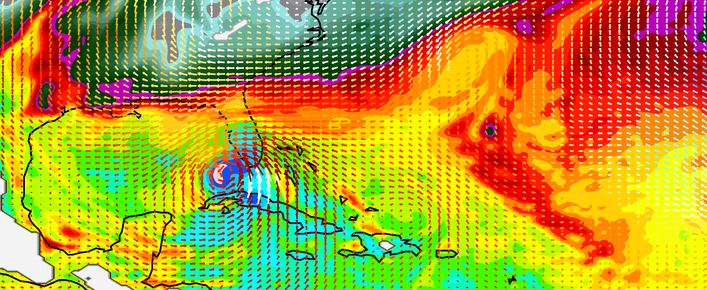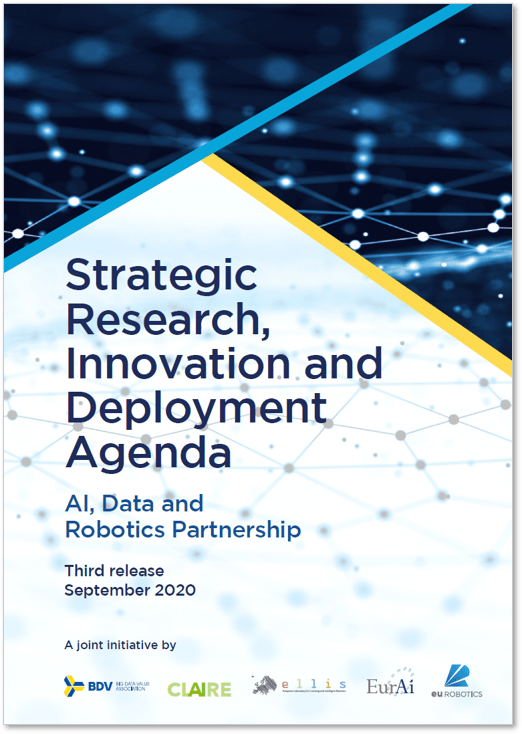Add to favorites:
Share:
Projects should contribute to all of the following expected outcomes:
- New analysis and evaluation of education policy measures.
- Support use of SSH research evidence by education and training policy makers and practitioners.
- Enhanced culture of research and evaluation in education policymaking and among practitioners. Better understanding of the types of expertise and institutional settings that are more effective at informing education policies and practices with evidence.
The European Education Area[1] aims to improve access to quality education for all. The strategic framework for the European Education Area set the EU-level target: “The share of low-achieving 15-year-olds in reading, mathematics and science should be less than 15%, by 2030” (Council of the European Union 2021). The latest data (2022) suggest that the European Union average is much higher[2] than 15% and that pupils from low socio-economic status face a considerably higher risk of low achievement than their peers from high socio-economic background. Student performance varies widely, with differences at the student, school and education system levels. Improving educational quality and closing gaps in learning outcomes are important societal issues, and a major challenge for education systems across the European Union. There is a research gap in the empirical evaluation of education policies and practices and the understanding of the circumstances under which they are most beneficial. There is also a gap in the translation of scientific evidence into practices in educational institutions.
The action must enhance interdisciplinary collaborations among researchers in education and engage diverse educational research disciplines from social sciences, the arts and humanities. The action must include the perspectives of policy makers and practitioners who look at similar topics from different angles. The action should analyse policies in at least one level of education, with a particular focus on transitions from the previous level of education and to the next. Proposals may choose to analyse and evaluate general measures for all learners or targeted and individualised support in inclusive settings. Involvement of authorities responsible for the education and training policies is essential and should be ensured. The action should enhance collaborations to improve the access of researchers to administrative data and other types of data, including surveys of children and young people, to develop new research approaches and perspectives. Therefore, close cooperation with authorities and/or other institutions owning the data is essential and should be ensured.
The action should analyse and evaluate policy measures in their context, using a mixed methods approach including qualitative and quantitative methods. Proposals can include an experimental design, using e.g. small, randomized control trials and quasi-experimental methods (such as difference-in-difference or discontinuity designs) to test the effectiveness of specific interventions in different contexts. Proposals can also include participatory research approaches. Complementarities with the projects funded under the topics HORIZON-CL2-2023-TRANSFORMATIONS-01-05, HORIZON-CL2-2023-TRANSFORMATIONS-01-06; HORIZON-CL2-2024-TRANSFORMATIONS-01-10 and Topic HORIZON-CL5-2023-D1-01-10 are encouraged.
Where applicable, proposals should leverage the data and services available through European Research Infrastructures federated under the European Open Science Cloud, as well as data from relevant Data Spaces. Particular efforts should be made to ensure that the data produced in the context of this topic is FAIR (Findable, Accessible, Interoperable and Re-usable).
[1] https://education.ec.europa.eu/
[2] Data from the Programme of International Student Assessment (PISA) are used to measure progress towards the EU-level target and the latest data (2022) put the EU average at 26.2% for reading, 29.5% for mathematics and 24.2% for science.
Expected Outcome
Projects should contribute to all of the following expected outcomes:
- New analysis and evaluation of education policy measures.
- Support use of SSH research evidence by education and training policy makers and practitioners.
- Enhanced culture of research and evaluation in education policymaking and among practitioners. Better understanding of the types of expertise and institutional settings that are more effective at informing education policies and practices with evidence.
Scope
The European Education Area[1] aims to improve access to quality education for all. The strategic framework for the European Education Area set the EU-level target: “The share of low-achieving 15-year-olds in reading, mathematics and science should be less than 15%, by 2030” (Council of the European Union 2021). The latest data (2022) suggest that the European Union average is much higher[2] than 15% and that pupils from low socio-economic status face a considerably higher risk of low achievement than their peers from high socio-economic background. Student performance varies widely, with differences at the student, school and education system levels. Improving educational quality and closing gaps in learning outcomes are important societal issues, and a major challenge for education systems across the European Union. There is a research gap in the empirical evaluation of education policies and practices and the understanding of the circumstances under which they are most beneficial. There is also a gap in the translation of scientific evidence into practices in educational institutions.
The action must enhance interdisciplinary collaborations among researchers in education and engage diverse educational research disciplines from social sciences, the arts and humanities. The action must include the perspectives of policy makers and practitioners who look at similar topics from different angles. The action should analyse policies in at least one level of education, with a particular focus on transitions from the previous level of education and to the next. Proposals may choose to analyse and evaluate general measures for all learners or targeted and individualised support in inclusive settings. Involvement of authorities responsible for the education and training policies is essential and should be ensured. The action should enhance collaborations to improve the access of researchers to administrative data and other types of data, including surveys of children and young people, to develop new research approaches and perspectives. Therefore, close cooperation with authorities and/or other institutions owning the data is essential and should be ensured.
The action should analyse and evaluate policy measures in their context, using a mixed methods approach including qualitative and quantitative methods. Proposals can include an experimental design, using e.g. small, randomized control trials and quasi-experimental methods (such as difference-in-difference or discontinuity designs) to test the effectiveness of specific interventions in different contexts. Proposals can also include participatory research approaches. Complementarities with the projects funded under the topics HORIZON-CL2-2023-TRANSFORMATIONS-01-05, HORIZON-CL2-2023-TRANSFORMATIONS-01-06; HORIZON-CL2-2024-TRANSFORMATIONS-01-10 and Topic HORIZON-CL5-2023-D1-01-10 are encouraged.
Where applicable, proposals should leverage the data and services available through European Research Infrastructures federated under the European Open Science Cloud, as well as data from relevant Data Spaces. Particular efforts should be made to ensure that the data produced in the context of this topic is FAIR (Findable, Accessible, Interoperable and Re-usable).
[1] https://education.ec.europa.eu/
[2] Data from the Programme of International Student Assessment (PISA) are used to measure progress towards the EU-level target and the latest data (2022) put the EU average at 26.2% for reading, 29.5% for mathematics and 24.2% for science.
Partner Requests
Explore Real Collaboration Opportunities
🔍 As a logged-in member, you now have exclusive access to all active Partner Requests for this Funding Call.
See who’s looking for collaborators, explore exciting project ideas, and discover how others are planning to make an impact.
💡 Use these insights to get inspired—or take the next step and start a request of your own (3 entries for free).
Log in or registrate here for free.
You must be logged in to submit or manage a partner request.
Ask our experts about this call
Connect with the Listing Owner!
💬 Please log in now to send a direct message to our experts and ask your questions. Not a member yet? Sign up for free and start connecting today!
Related Funding and Finance Opportunities
Unlock Exclusive Funding Opportunities!
🔑 Get instant access to tailored funding opportunities that perfectly match your needs. This powerful feature is exclusively available to our premium members—helping you save time, stay ahead of the competition, and secure the right funding faster.
Upgrade to Premium now and never miss an important opportunity again! Already a premium member? Log in here to explore your matches.
Related Innovation Offers
Related Knowledgebase Resources
Discover More with Premium: Related Knowledge Resources
🔒 You’re missing out on expert-curated knowledge specifically matched to this topic. As a Premium member, you gain exclusive access to in-depth articles, guides, and insights that help you make smarter decisions, faster.
Whether you’re preparing a funding proposal, researching a new market, or just need reliable information—our Premium knowledge matches save you hours of research and point you directly to what matters.
Upgrade to Premium now and instantly unlock relevant knowledge tailored to your needs! Already a member? Log in here to view your personalized content.












